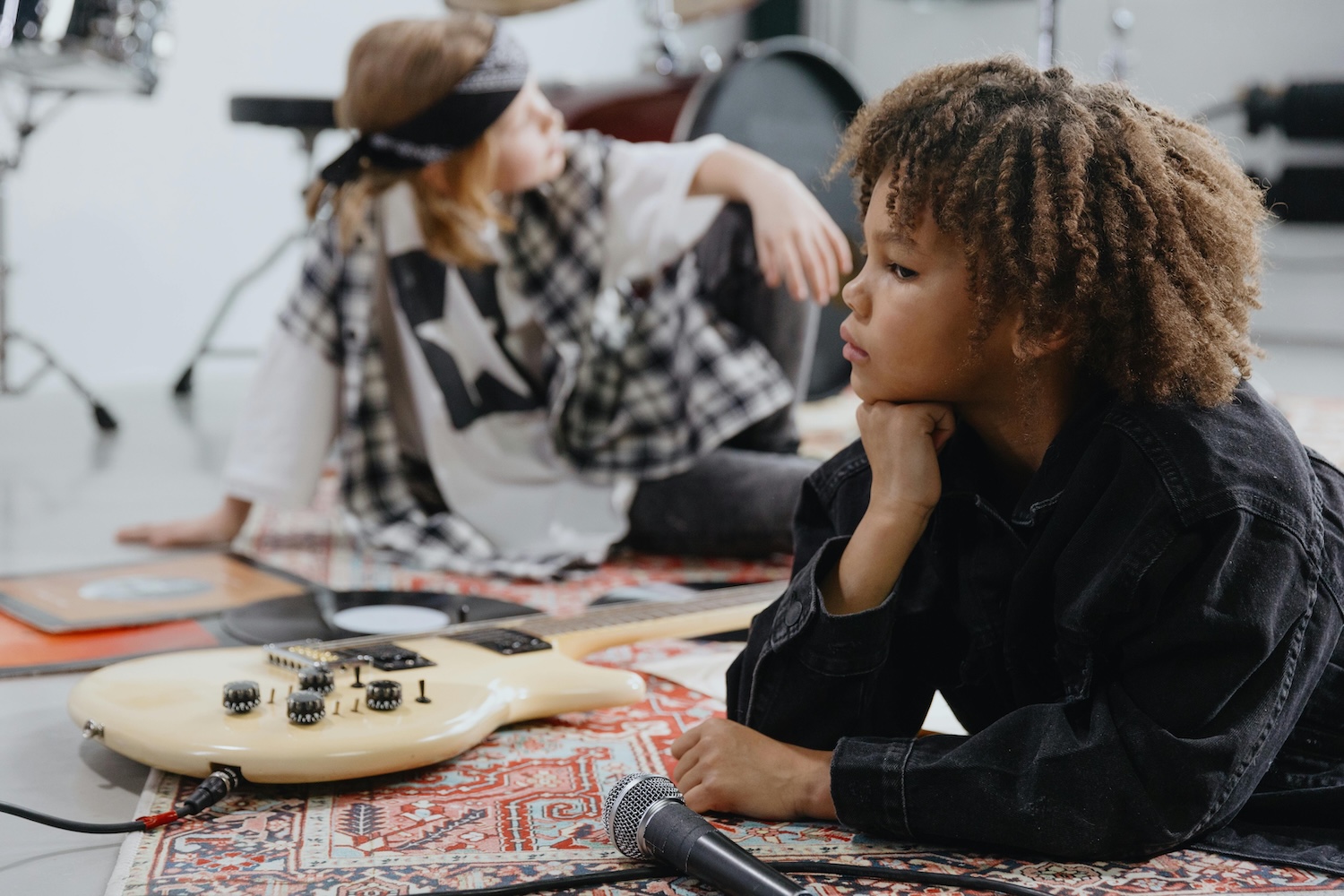Blog
Latest News

In recent years, the debate about well-being in the music industry has grown louder. Studies show that both young and professional musicians struggle with stress, uncertainty, and lack of structure in their daily lives. Passion for music is strong – but the constant admin work, chasing contacts, and worrying about the future can take its toll.

We’re constantly working to make Beatnickel the best tool for musicians and bands – and now a new version of the app is ready. It’s packed with features that make it easier to play together, plan, and share your music with others.

When young musicians choose their instrument, it often feels like a matter of taste. Violin or guitar? Flute or drums? But behind that choice lies a deeper question: which doors will this instrument open – or close – in the future?

When children and teenagers choose an instrument, it often follows traditional gender patterns. Many girls end up with singing, piano, flute, or violin, while boys are more likely to grab a guitar, drums, or bass. This divide has consequences later on: girls are underrepresented in bands, miss out on ensemble experience, and are more likely to leave the musical path.

Recent studies on the mental health of Danish musicians reveal a troubling trend: too many young people struggle with stress, loneliness, and a lack of structure in their musical lives. For some, the dream of pursuing music becomes overshadowed by pressure and burnout.

Being a musician is about creativity, passion, and presence. But the reality is often far from that. Rehearsals get messy, contracts get lost in inboxes, gigs are double-booked, and endless messages fly around on different platforms. For many musicians, logistics steal precious energy – and sometimes even lead to burnout.



